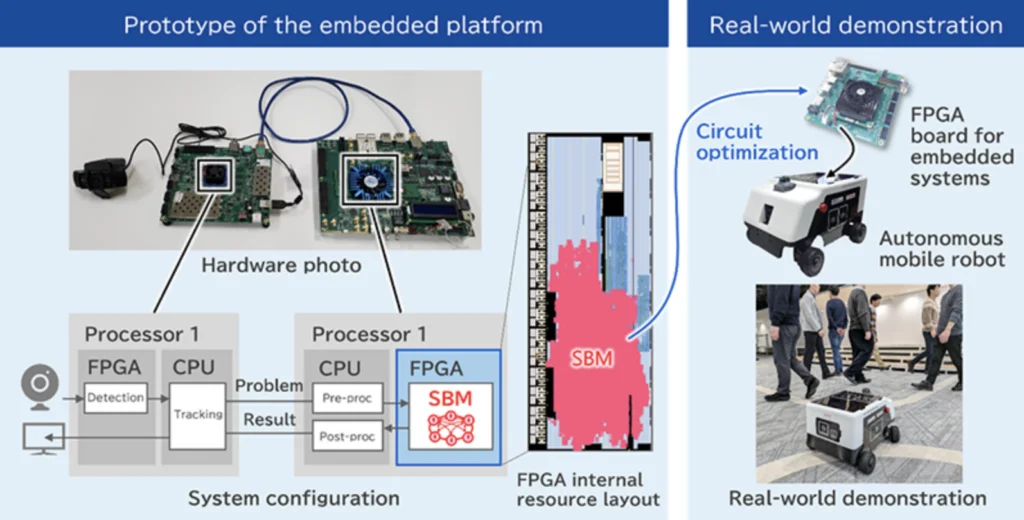Insider Brief
- Phasecraft received two grants Grants to help develop quantum algorithms for practical applications
from UK Research and Innovation (UKRI). UKRI is spearheading the UK’s drive to become a global leader in quantum technologies that solve real-world problems. - The first grant will be a partnership between Phasecraft, BT and Rigetti and will focus on the development of near-term quantum computing for solving hard optimisation problems and constraint satisfaction problems. Quantum computers are theoretically better than classical computers at finding a solution among exponentially many potential solutions, including network design, electronic design automation, logistics and scheduling problems.
- The second grant supports the development of quantum computers that can simulate currently intractable problems in materials modelling for photovoltaics, used in solar energy and photosensors, for example.
- Phasecraft develops quantum algorithms, using mathematical foundations for quantum computing applications that solve real-world problems.
PRESS RELEASE — Phasecraft announced that it has jointly received two research grants from UK Research and Innovation (UKRI) as part of the Commercialising Quantum Technologies Challenge delivered by Innovate UK.
In collaboration with BT and Rigetti, Phasecraft will lead a grant-funded project focused on the development of near-term quantum computing for solving hard optimisation problems and constraint satisfaction problems. Computational problems in an array of fields including network design, electronic design automation, logistics, and scheduling are characterised by needing to find a solution among exponentially many potential solutions. Such problems are, therefore, exceptionally challenging, yet their applications and commercial potential are vast.
“Phasecraft’s goal is to significantly reduce the timescale for quantum advantage in several critical areas,” says Phasecraft co-founder, Ashley Montanaro. “We’re excited to be working with world experts on telecommunications networks at BT, and extending our ongoing partnership with Rigetti, to apply quantum algorithms to optimisation problems. This project will build on our expertise in key underlying technologies, enabling us to determine whether near-term quantum computing could outperform classical methods in this application domain.”

The second grant awarded to Phasecraft supports the development of near-term quantum computing to simulate currently intractable problems in materials modelling for photovoltaics. Leading this project in collaboration with UCL and Oxford PV – a leading company pioneering the commercialisation of perovskite photovoltaics – this award will enable the development of a modelling capability that is tailored to the real-world needs of the photovoltaics industry.
“Phasecraft has already proven that quantum computers have the potential to revolutionise materials modelling, even before fully scalable, fault-tolerant quantum computers become available,” says Phasecraft co-founder Toby Cubitt. “The results we have obtained for battery materials are hugely encouraging and show how our work can really make the difference in critically important areas. We know that photovoltaics has a crucial role to play in the transition to green energy, and we are hugely excited to be the ones making quantum computing part of the green revolution.”
Phasecraft’s team brings together many of the world’s leading quantum scientists and engineers, partnering with the world’s leading developers of quantum hardware. The team’s research has led to fundamental breakthroughs in quantum science, and Phasecraft is the market leader in quantum IP.
To learn more about the company;s scientific research, business partnerships, career opportunities and fellowships, please visit phasecraft.io.
For more market insights, check out our latest quantum computing news here.















